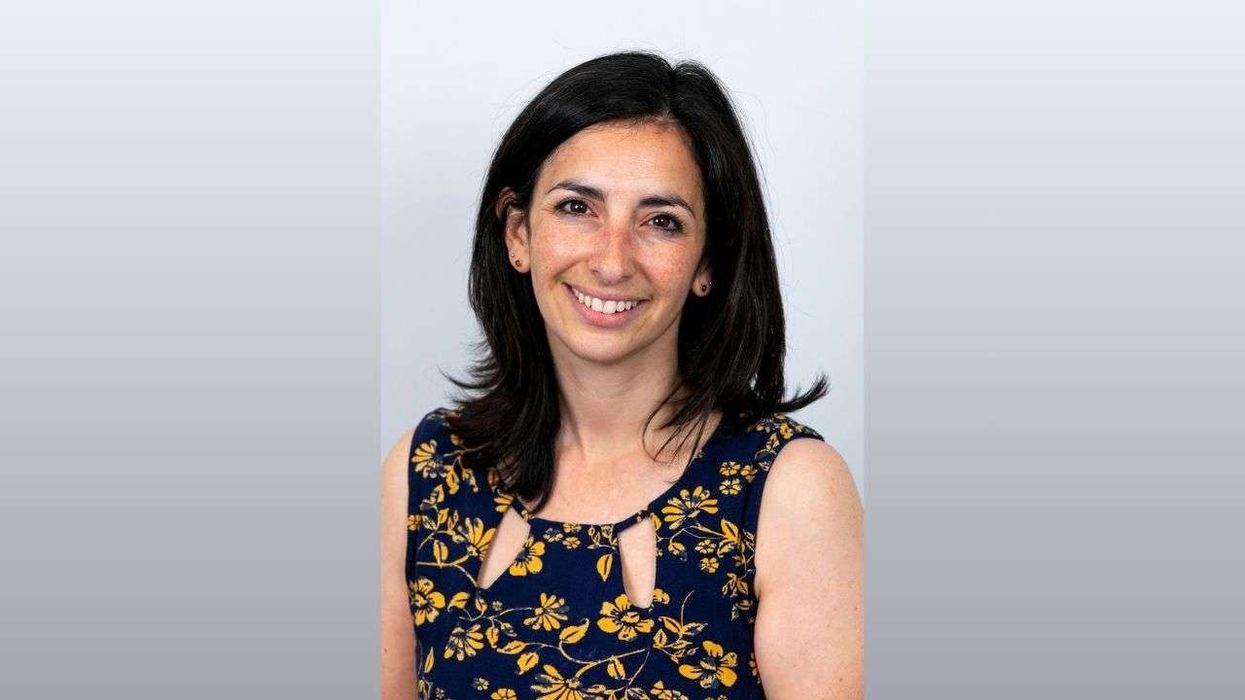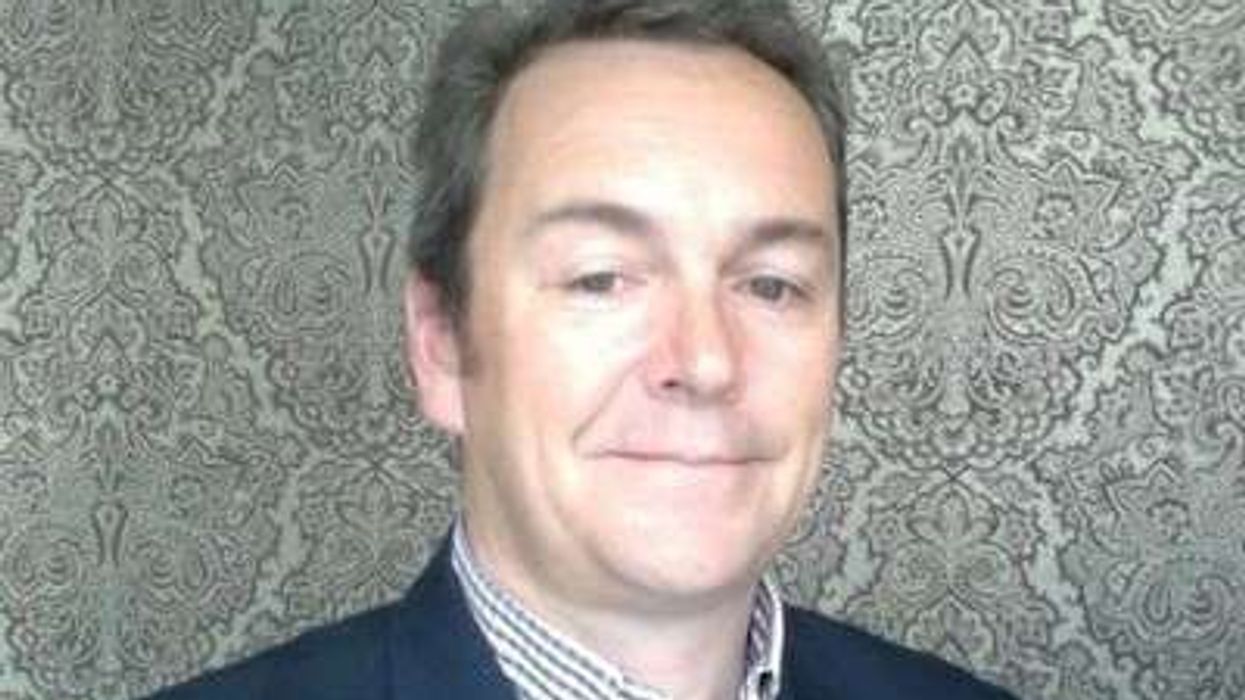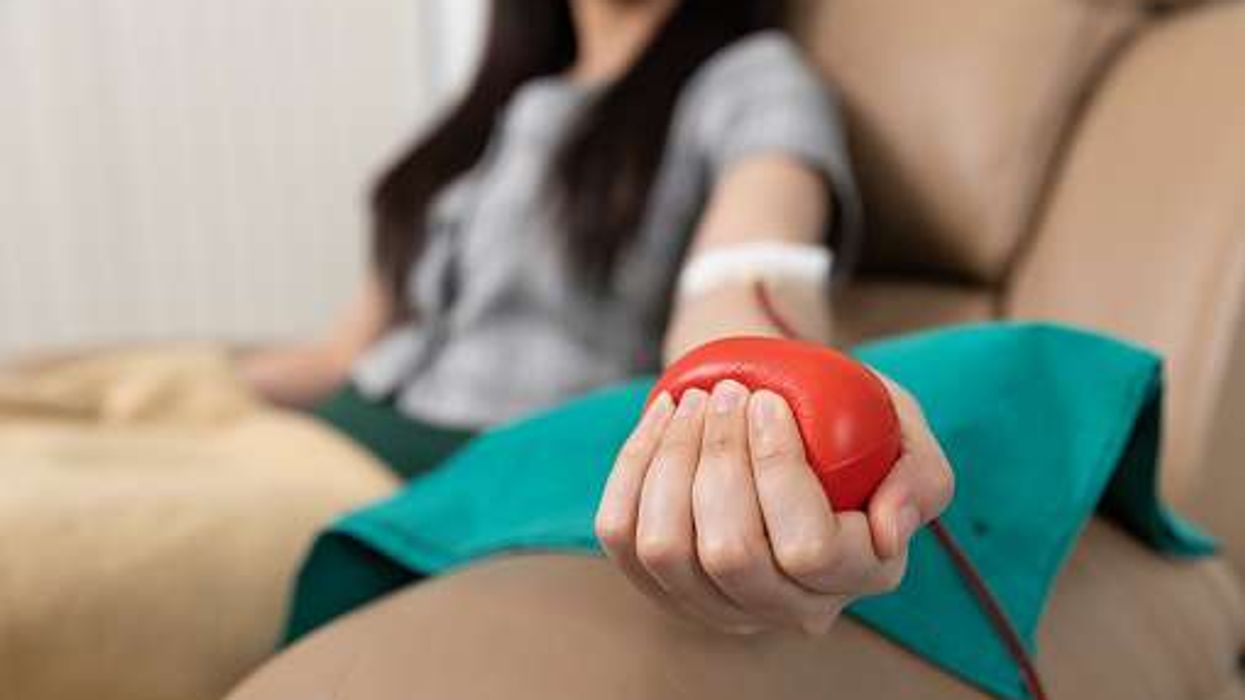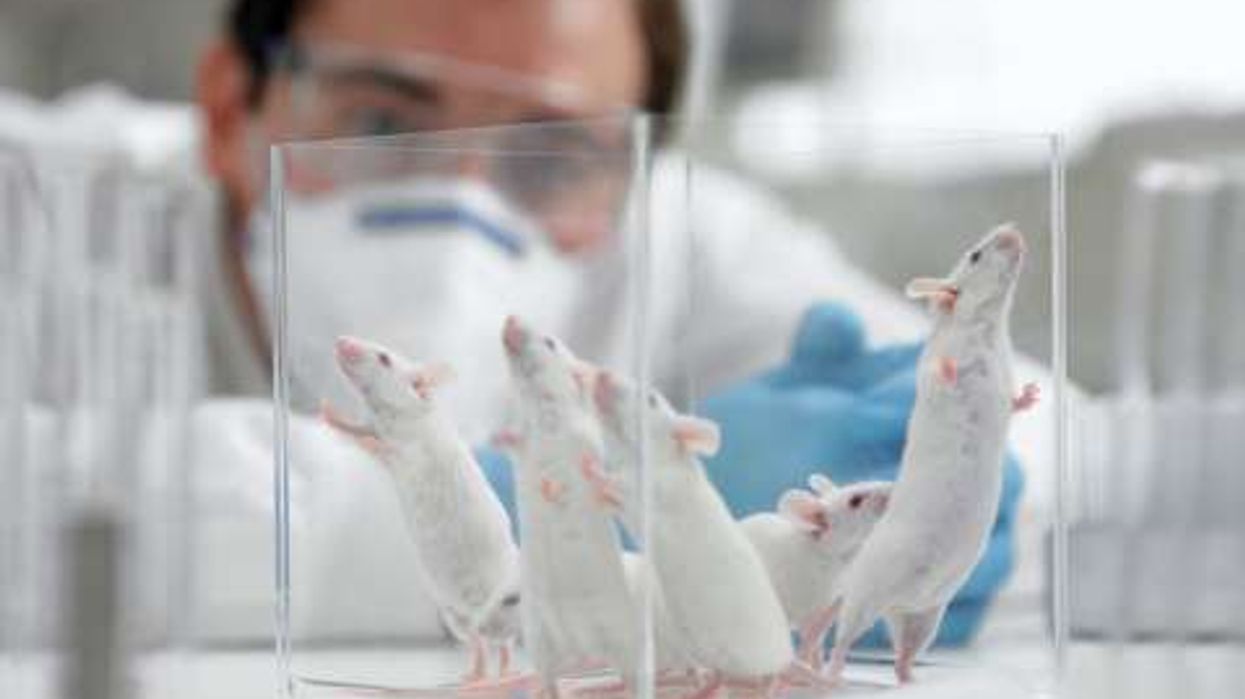By Stuart Arnold
The Tees Valley Clinical Commissioning Group (CCG) will look for help from NHS England to balance the books after it forecasted a multi-million overspend over the course of just four months largely due to the coronavirus outbreak.
The organisation, which was only formed in April from former CCGs covering the Darlington, Hartlepool, Middlesbrough, Redcar and Cleveland and Stockton areas, said that between April 1 this year and the end of July it expected to have overspent by £11.2m.
Its chief finance officer Mark Pickering said Covid-19 accounted for £7.5m worth of costs over the period.
Tees Valley CCG, like other CCGs across the country, is currently operating under a temporary financial regime put in place by NHS England after regular operational planning was suspended because of the pandemic.
Mr Pickering said: “There is an expectation of an allocation adjustment to cover the additional costs to enable the CCG to report a break-even position.”
In 2018 the former South Tees CCG was placed into special measures due to its troubled financial situation and concern about inadequate leadership.
Middlesbrough MP Andy McDonald told the Local Democracy Reporting Service: “This is a stark indication of the impact covid has had and will continue to have on services across the board.
“Public services cannot be left unsupported to tackle these levels of deficits.
“The Government has to recognise that all public services need to be fully funded and we must ensure we are consistently and strongly making our case here in Tees Valley for fair financial support to fight both the short and long term effects of this crisis.”
CCGs commission and pay for a range of services, including urgent care services from hospitals, NHS 111 and local out of hours services, planned inpatient and day-case hospital services, diagnostic and treatment services, such as x-ray or hearing aid services, as well as medicines prescribed by doctors’ surgeries.
They are made up of an elected body, which controls a pot of money given out by NHS England, and consists of GPs, clinicians and health officials.
In a statement the Tees Valley CCG said: “Nationally the NHS is working within a temporary financial structure and NHS Tees Valley CCG is an integral part of that national approach.
“NHS England is fully aware of the Tees Valley CCG plans and funding expectations are consistent with other CCGs across England.
“During covid-19 we have incurred additional costs.
“Some of these are in respect to the hospital discharge programme, which is the cost of discharging patients from hospital into nursing homes – part of the NHS response to covid-19.
“Another cost was the opening of GP practices across the Easter weekend in April and the May bank holiday.
“Although the NHS undoubtedly faces financial challenges we want to reassure members of the public that patient care and safety is at the heart of every decision we make and we will seek to continue to deliver the best possible care for our community.”
The statement added that planning was well underway with NHS England to prepare for likely additional pressures over the winter and this planning incorporated the CCG’s financial position.
It said it was continuing to advise members of the public to keep accident and emergency departments free for serious emergencies and consider using pharmacy and GP services, along with the NHS 111 helpline where possible. (Local Democracy Reporting Service)











